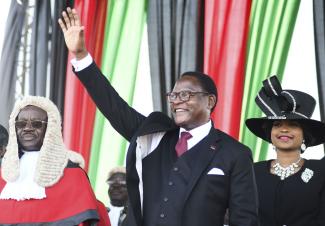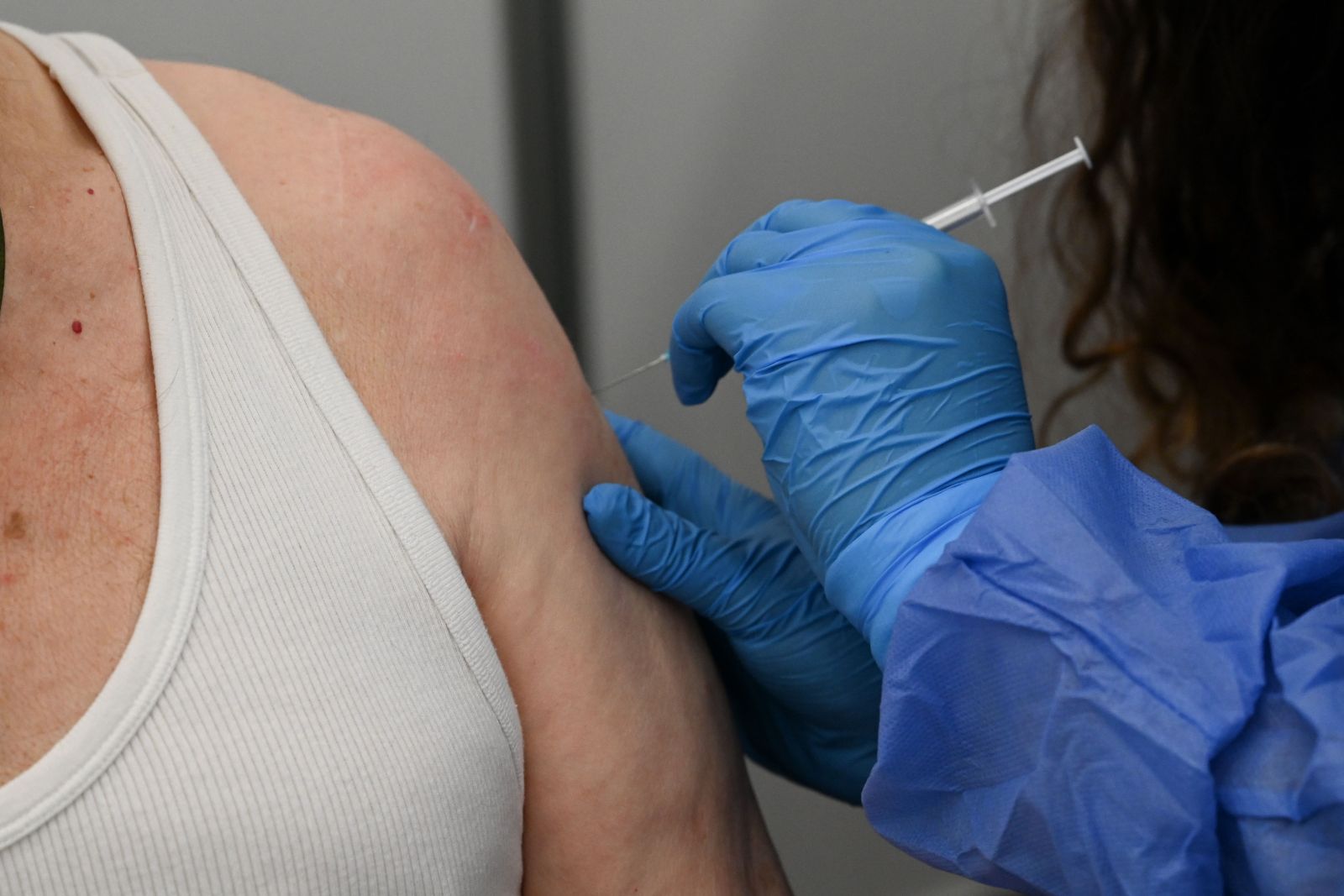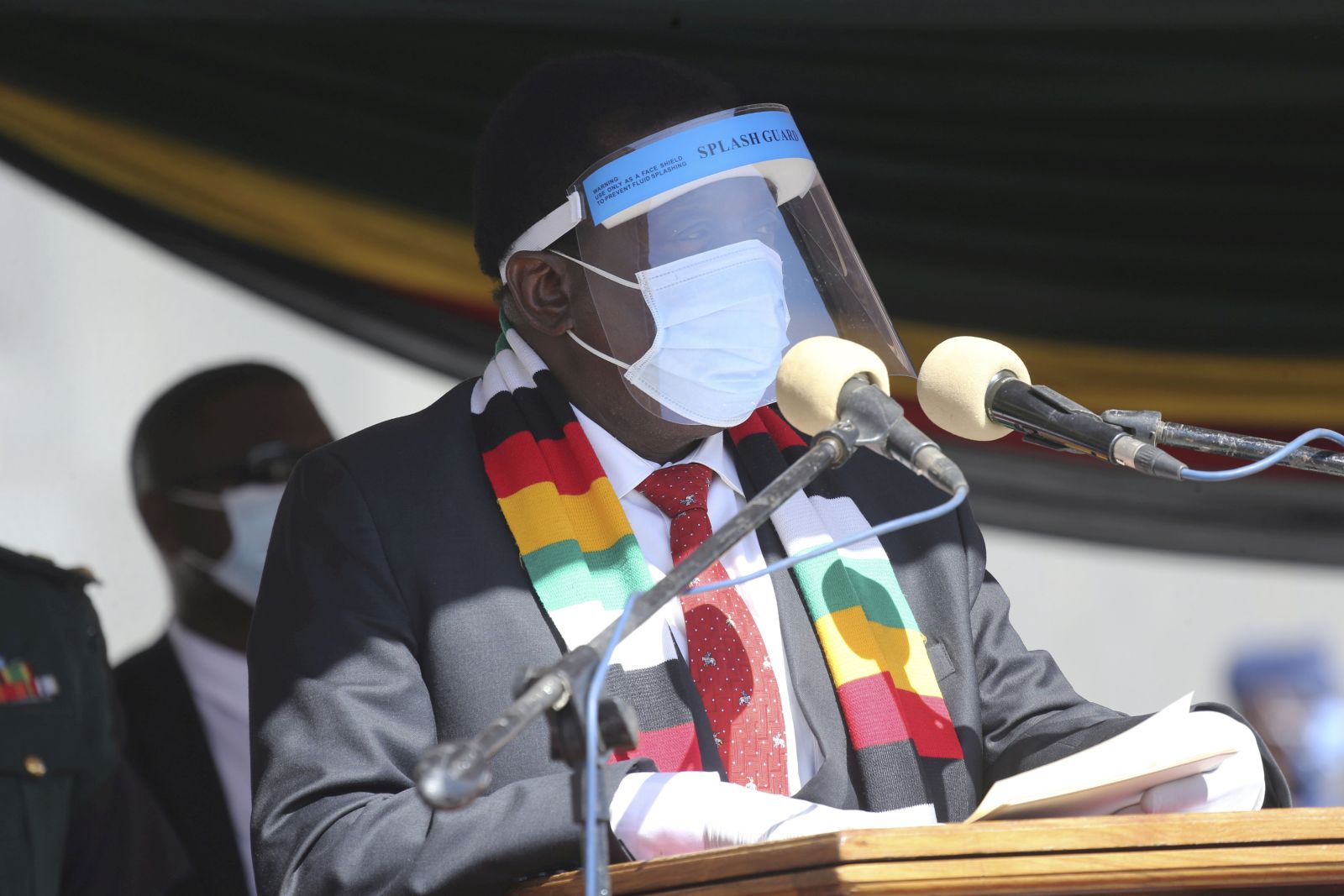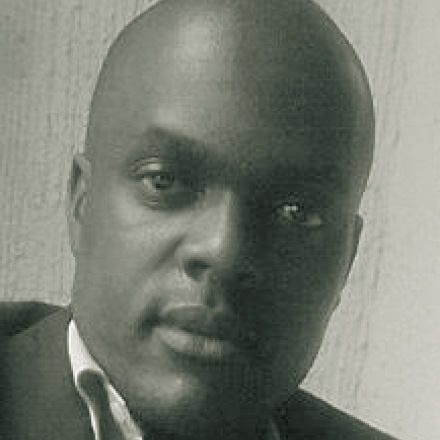Democratic governance
Great expectations

Normal 0 21 false false false EN-US X-NONE X-NONE /* Style Definitions */ table.MsoNormalTable {mso-style-name:"Normale Tabelle"; mso-tstyle-rowband-size:0; mso-tstyle-colband-size:0; mso-style-noshow:yes; mso-style-priority:99; mso-style-parent:""; mso-padding-alt:0cm 5.4pt 0cm 5.4pt; mso-para-margin-top:0cm; mso-para-margin-right:0cm; mso-para-margin-bottom:8.0pt; mso-para-margin-left:0cm; line-height:107%; mso-pagination:widow-orphan; font-size:11.0pt; font-family:"Calibri",sans-serif; mso-ansi-language:EN-US; mso-fareast-language:EN-US;}
The new head of state was elected in very unusual circumstances. The presidential election was only held because Malawi’s Supreme Court annulled the one held in May 2019 (see my comment in D+C/E+Z e-paper 2020/03). Last year, the administration of incumbent Peter Mutharika had manipulated the results so blatantly that people spoke of the “tipp-ex elections”. In spring, the judges ordered that new elections had to be held. Opposition groups joined forces in support of Chakwera, who won with almost 58 % of the votes. Thanks to the judges, democracy has thus prevailed.
On the other hand, judges may well have made Malawi’s health problems worse. The Mutharika administration had planned a Covid-19 lockdown, but it never took force because the Constitutional Court blocked it in late April (see my entry in the Covid-19 diary of D+C/E+Z e-paper 2020/05). A short time later, the Supreme Court upheld its decision. To many Malawians, Covid-19 did not matter. Campaign rallies attracted masses of people, but there were no hand-washing facilities, no face masks and no social distancing.
Now the disease seems to be spreading fast.
By 9 July, 1942 infections were reported. That was 44 % more than at the end of June. According to worldometer.com, 25 patients had died. Health experts warned that measures had to be taken fast to stem the spread of Covid-19 and that the country would otherwise face a serious health crisis. Doctors say that the country’s health system is over-stretched and under-funded, which is typical of sub-Saharan countries.
Many people think, however, that institutional dysfunction is particularly bad in Malawi. The country has a special reputation for corruption and mismanagement. Chakwera spelled out these problems on the campaign trail: “This country needs fixing. There is a lot of corruption and a lot of money is being stolen.” He promised not only to redeem the country from “years of misrule”, but also to “end hunger”.
To fight poverty, he wants to double the fertiliser subsidy to the benefit of millions of smallholder farms. According to the International Monetary Fund, however, African economies are headed for the worst crisis in decades, with national economies set to shrink. The problems the new government must tackle will probably prove much greater than assumed during the election campaign.
The new head of state is a former preacher. Chakwera even used to be the president of the Assemblies of God, one of the most important religious denominations in Malawi. People hope he will live up to his promises.
Raphael Mweninguwe is a journalist who lives in Malawi.
raphael.mweninguwe@hotmail.com












